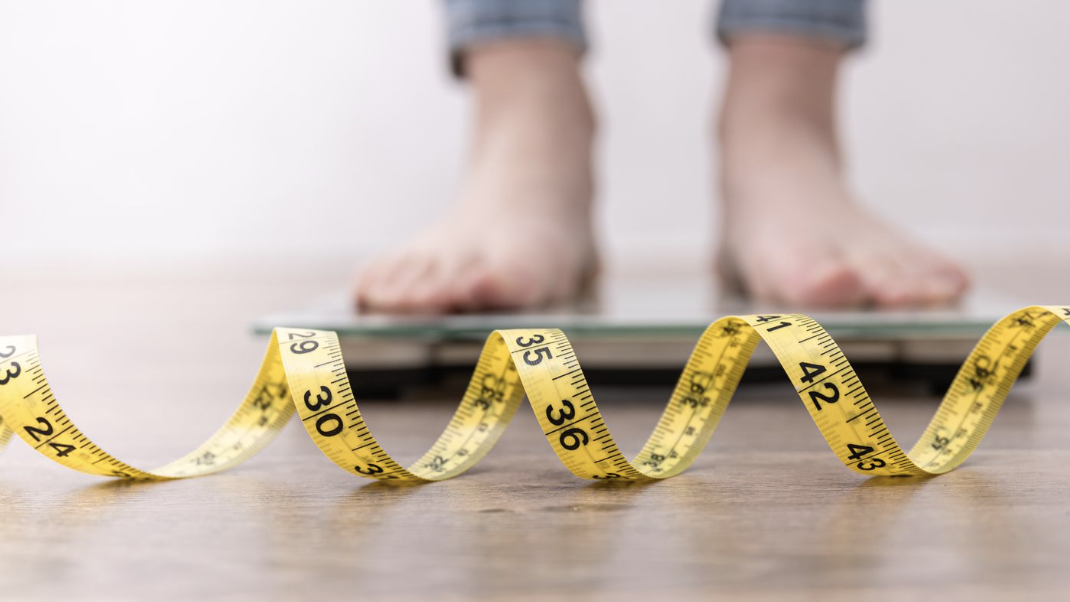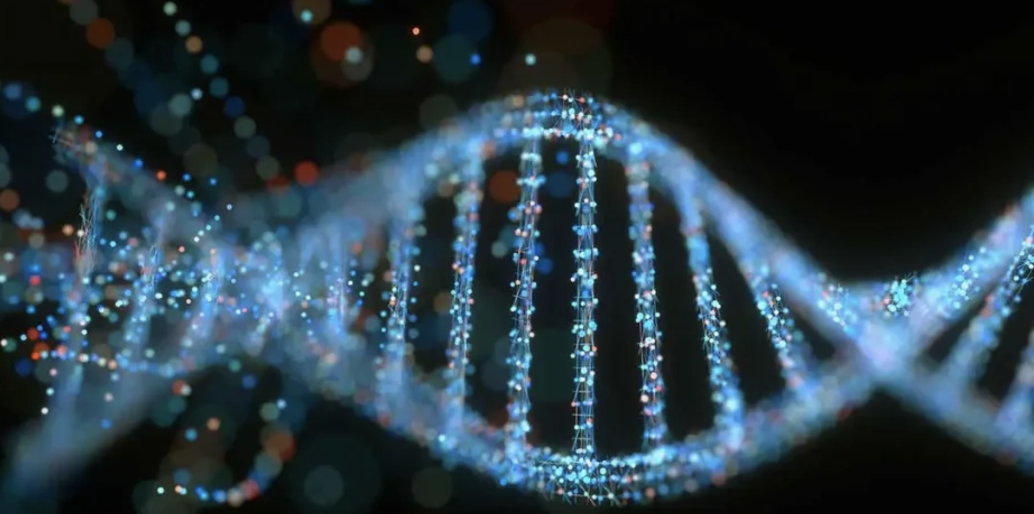Vitamin D and Weight Gain
There’s growing evidence that a deficiency in Vitamin D could be linked to weight gain and difficulty losing weight. Vitamin D plays a crucial role in fat metabolism and insulin sensitivity, both of which are important for maintaining a healthy weight. Studies suggest that low levels of Vitamin D can lead to increased fat storage, particularly in the abdominal area, making weight loss more challenging.
Effects of Deficiency
– Fat Storage: Insufficient Vitamin D may cause the body to store more fat, particularly around the abdomen.
– Insulin Resistance: Low levels of Vitamin D can contribute to insulin resistance, a precursor to diabetes and weight gain.
– Energy Levels: Deficiency in Vitamin D might lead to lower energy levels, reducing physical activity and, consequently, weight loss efforts.
Sources of Vitamin D in the USA
In the USA, common sources of Vitamin D include fortified milk, cereals, and exposure to sunlight. However, due to indoor lifestyles, many Americans are at risk of Vitamin D deficiency, making supplementation a viable option.
Conclusion
Addressing a Vitamin D deficiency could support weight loss efforts by improving metabolism and reducing fat storage. Ensure you get adequate Vitamin D through diet, supplements, or sunlight to help manage your weight effectively.
Can probiotics help with weight loss?
Do Probiotics Aid in Weight Loss? How They Work – Probiotics improve gut health, which can influence weight by reducing inflammation and improving digestion. Reviews from the USA Some users…






